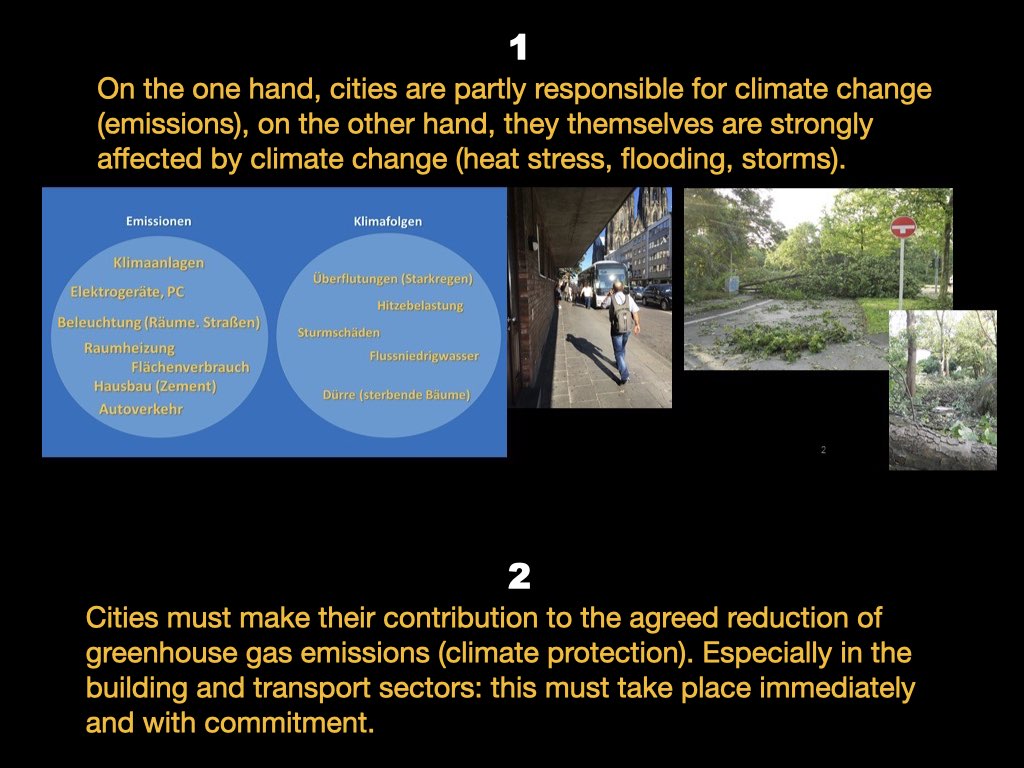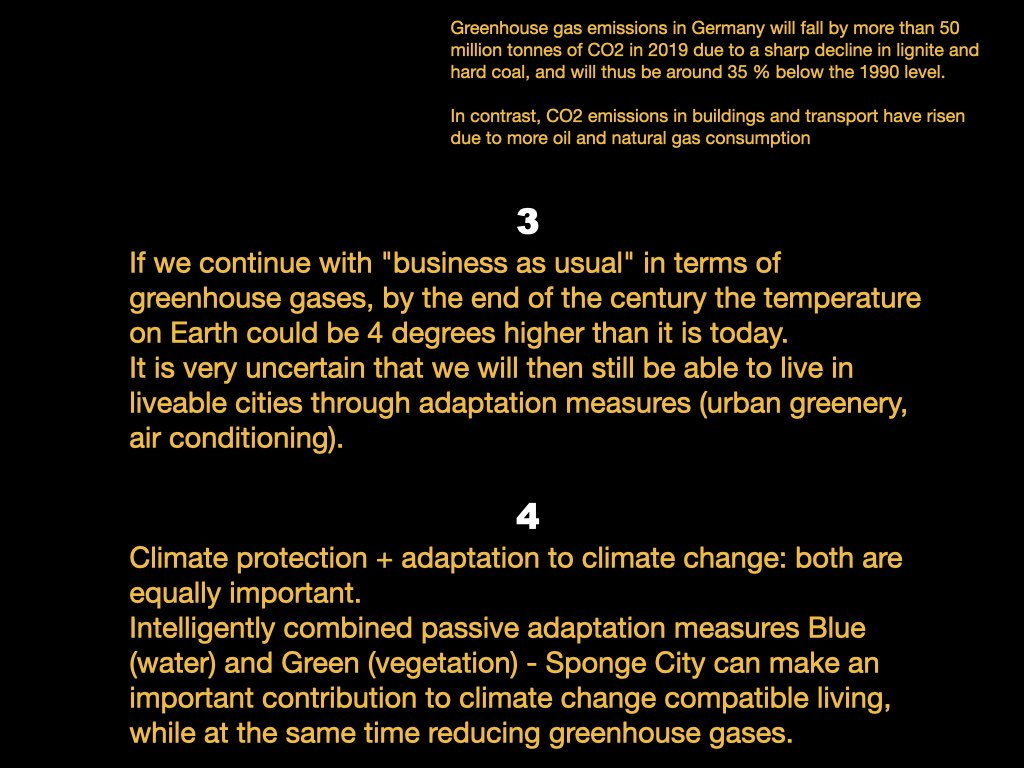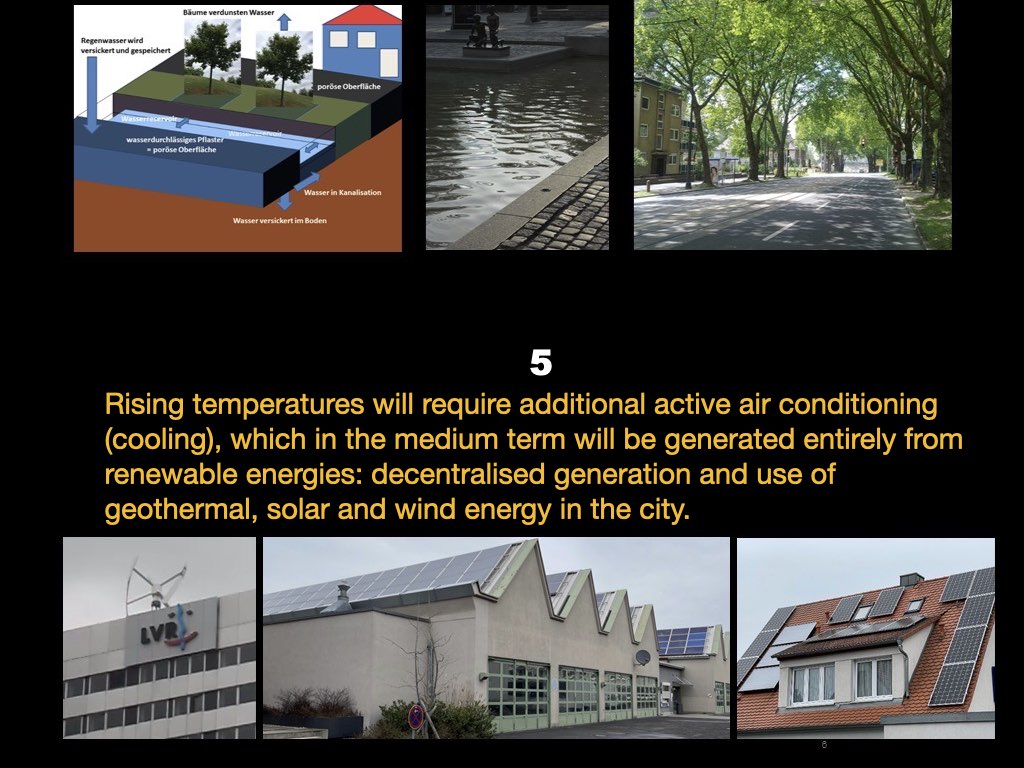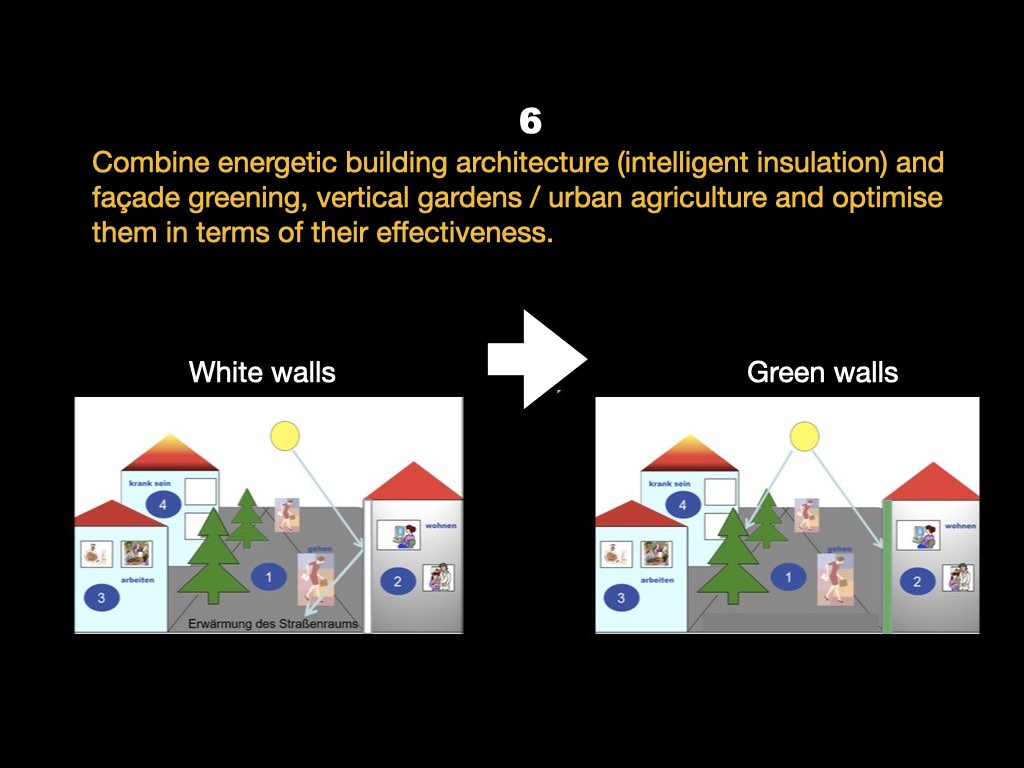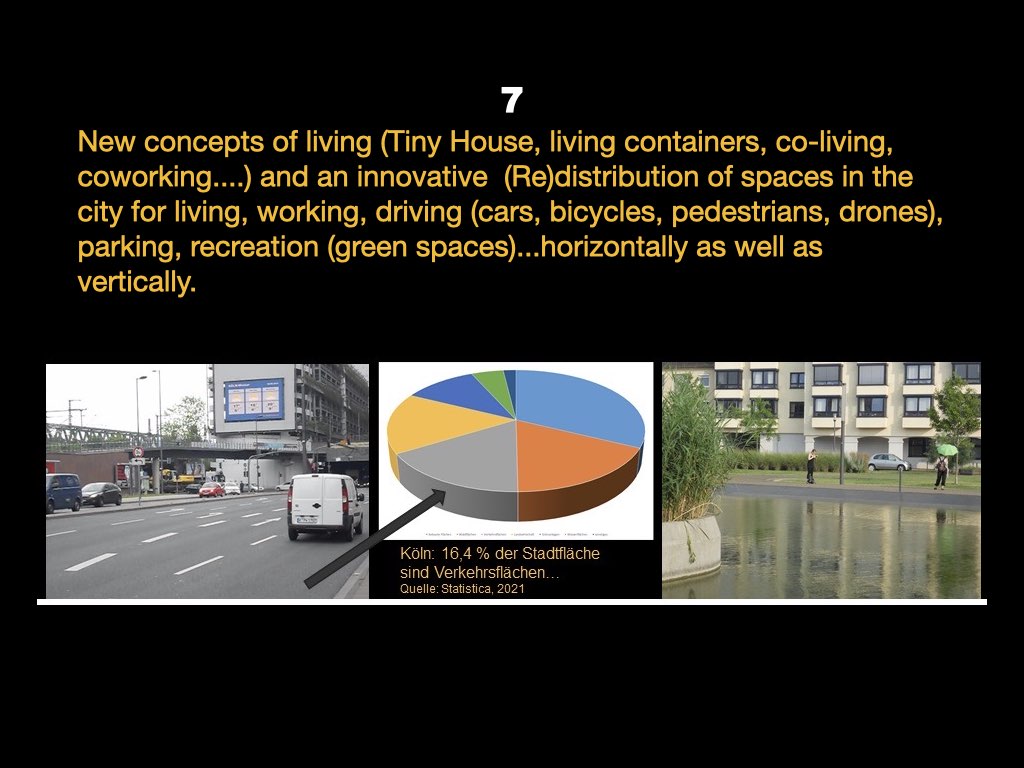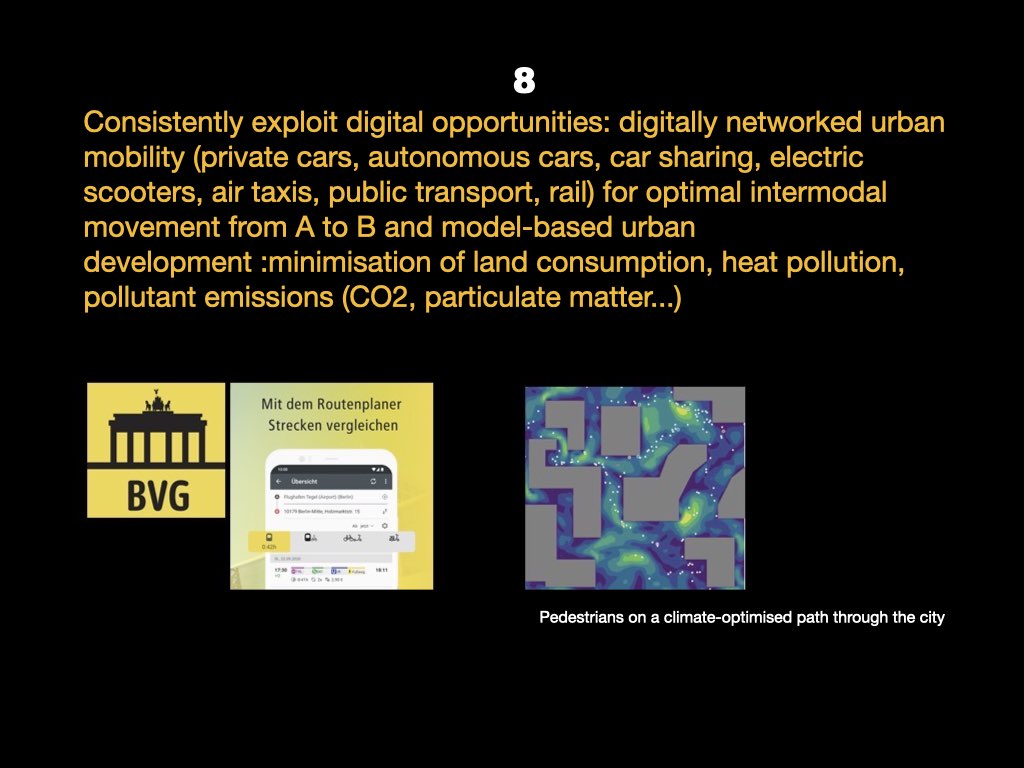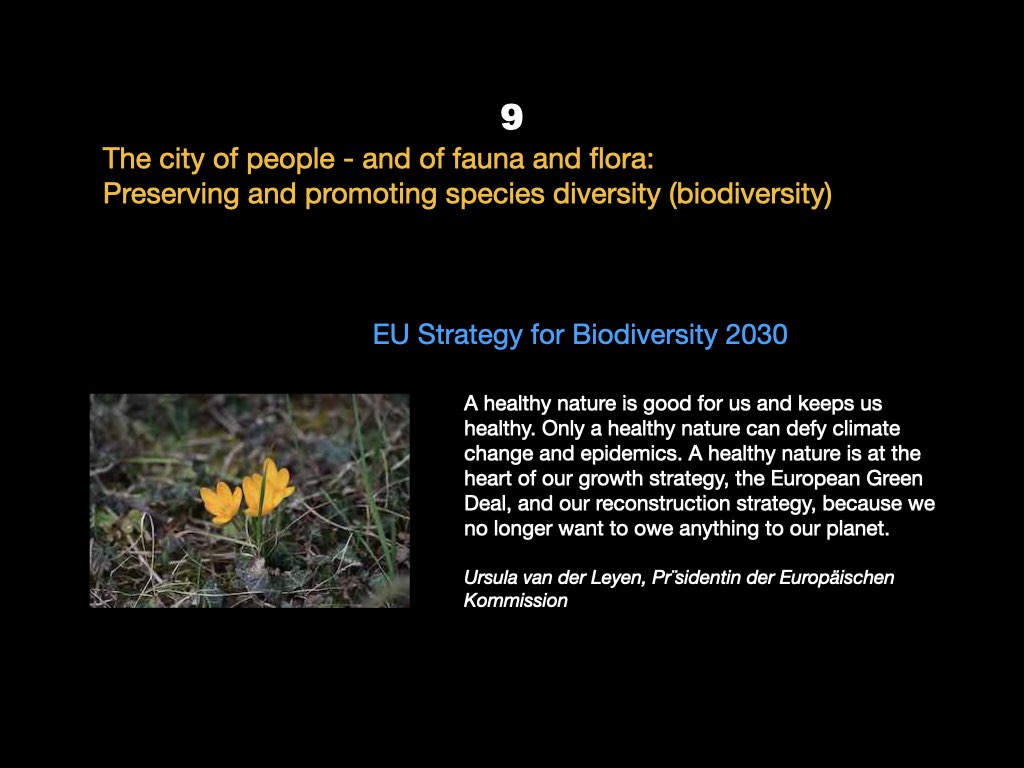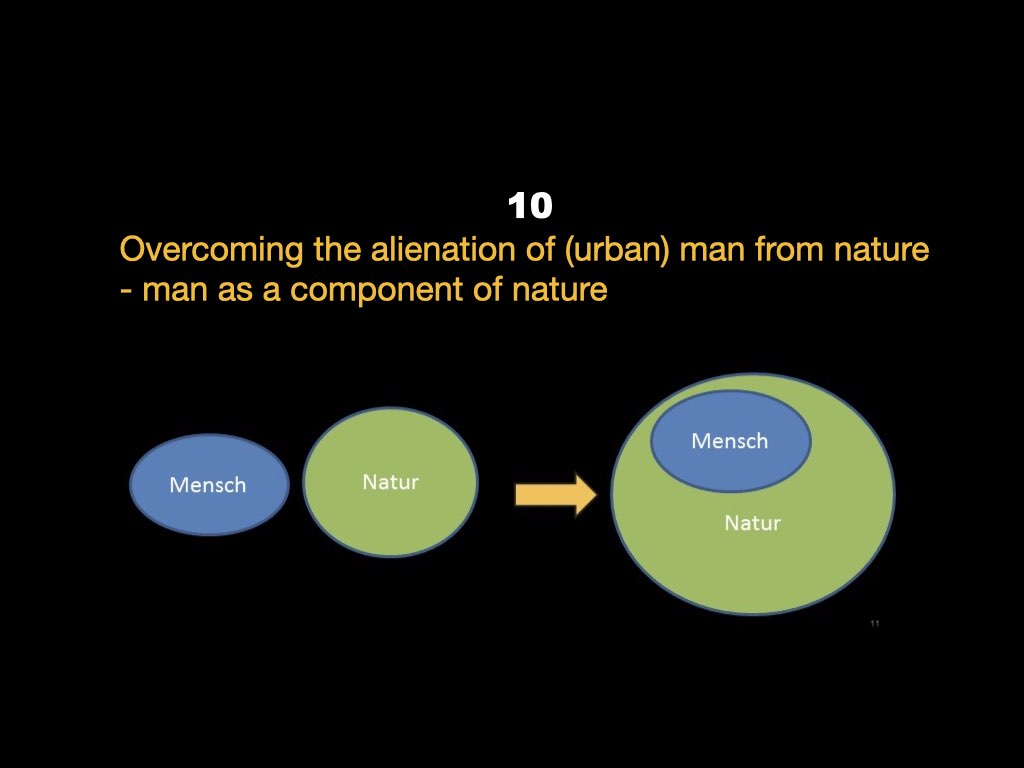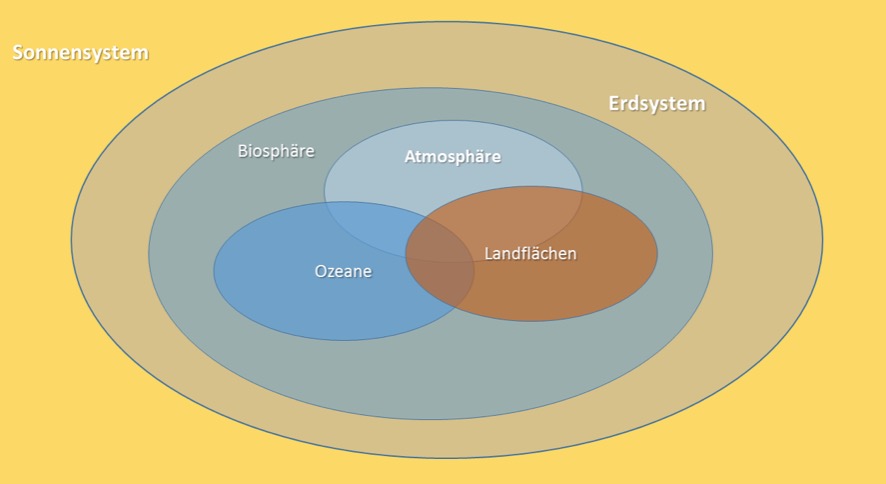Climate change is on everyone’s lips. At first glance, today’s climate change, beginning with industrialisation in the 19th century, is a local / regional / Earth-wide increase in temperature and weather extremes. But more and more people feel that serious changes are taking place that call on us to rethink and reshape our role as inhabitants of the earth, and in particular our relationship with nature.
I am a meteorologist by training and profession, a physicist of the atmosphere. I learned the classical definition of climate as the average state of the atmosphere, described by parameters such as temperature, air pressure, wind – and that climate change is the change in this state over time. It is clear that this definition falls short in the current discussion about climate change: not only the atmosphere, but the entire Earth system must be considered: everything is interconnected, everything is interdependent. The modern concept of climate therefore understands climate as a property of a complex system that includes the atmosphere, the oceans as well as the land areas including the marine and terrestrial biosphere (Claussen, 2003), i.e. the entire inanimate but also animate Earth system with its vegetation, fauna and humans.
Cities will play an increasingly important role on earth in the future. The 21st century is rightly referred to as the century of cities.
With 10 theses, I would like to stimulate reflection and further thinking for a sustainable and climate-friendly city of the future.
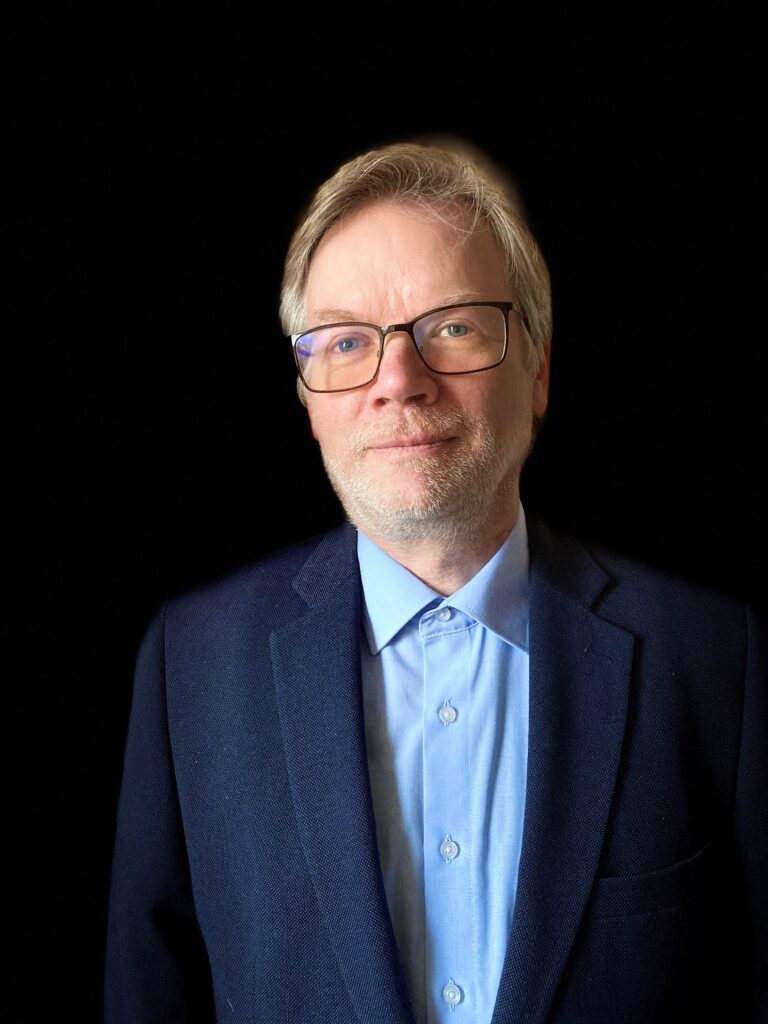
Cities will play an increasingly important role on earth in the future. The 21st century is rightly referred to as the century of cities. With 10 theses, I would like to stimulate reflection and further thinking for a sustainable and climate-friendly city of the future.
